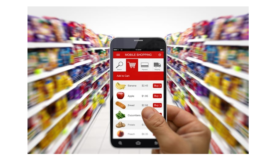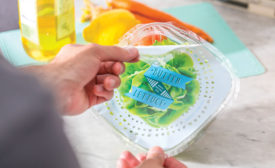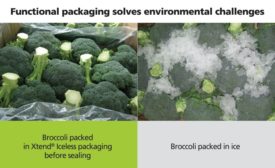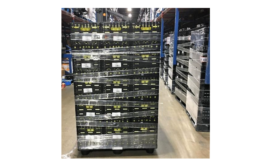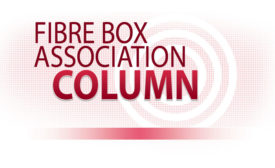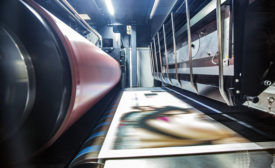Produce Packaging
Materials
Reclose/Reseal Raises the Food Packaging Bar
New heat-sealable reclosure systems offer visual appeal and functional features.
November 13, 2019
FBA Column
LCA Shows Balanced Environmental Results for Produce Container Systems
July 17, 2019
Spotlight Feature
Digital Printing: A Packaging Revolution
Digital printing has a role to play for the future of packaging, opening the door to exciting and creative opportunities.
July 11, 2019

